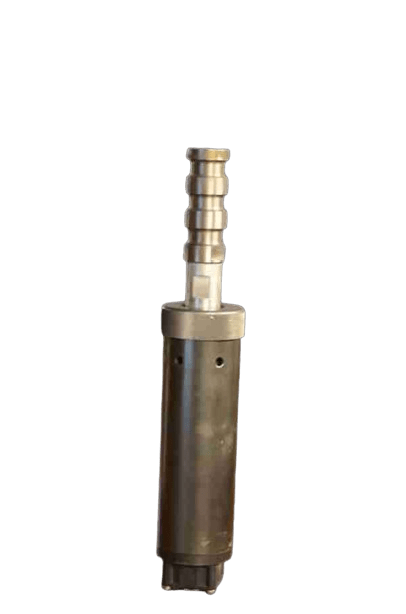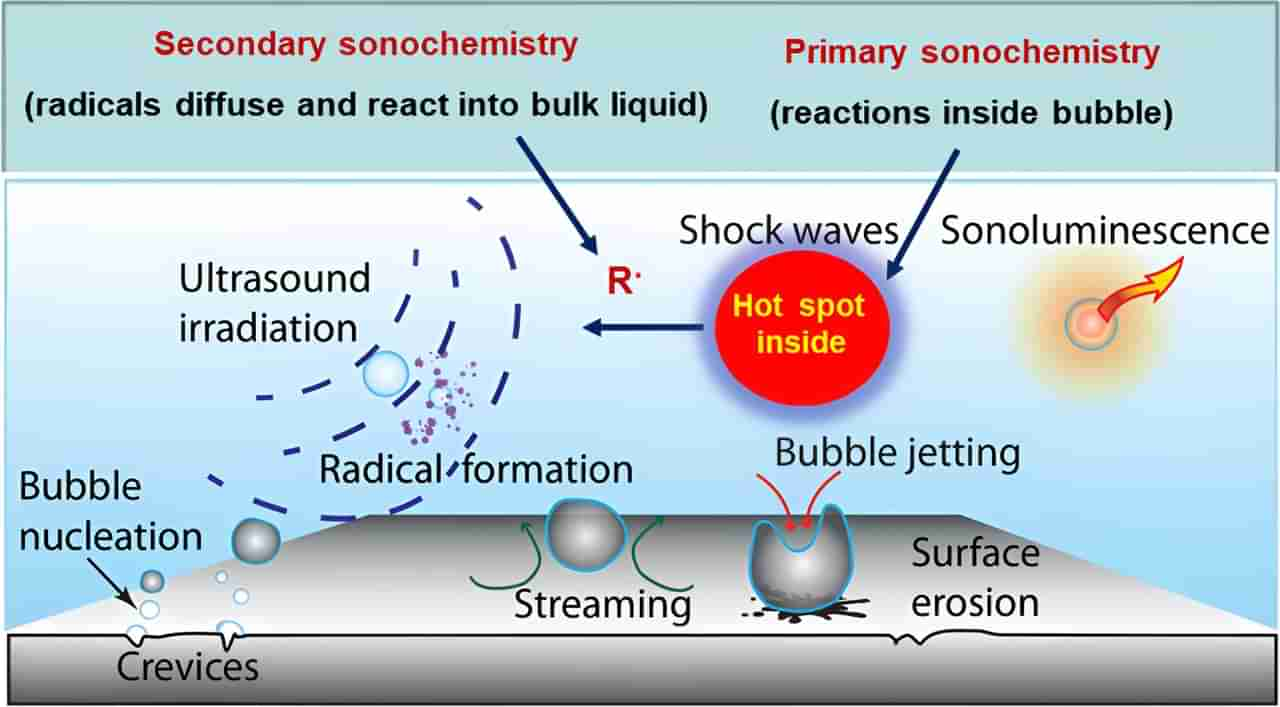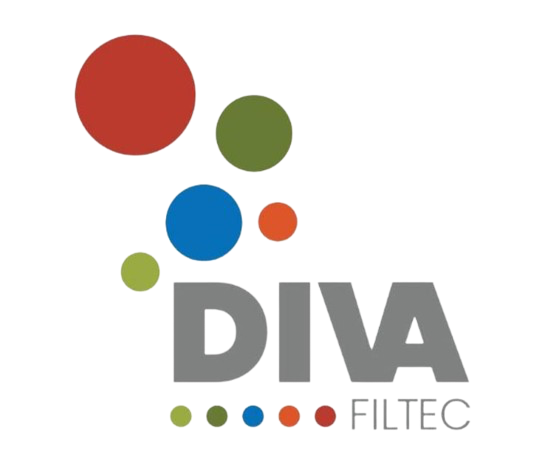RUSONIC reactors are used in sonochemistry, using ultrasound to speed up chemical processes in fields like chemistry, materials science, and biochemistry. Here’s what they do:
Design
RUSONIC reactors efficiently transmit ultrasound into reaction mixtures by using transducers to convert electrical energy into RUSONIC waves. The choice of ultrasound frequency and power is crucial, and tailored to specific reaction requirements; higher frequencies are suitable for smaller-scale reactions, while lower frequencies may be more appropriate for larger volumes.
Cavitation In Sonochemistry
RUSONIC waves make cavitation happen, creating microbubbles in liquid. These bubbles grow, collapse, and heat the liquid, speeding up reactions.
Also, agitation from RUSONIC waves, helps reactants mix better and makes reactions more efficient.
Applications
RUSONIC reactors find diverse applications in various fields:
In synthesis, these reactors are employed to create a wide range of materials such as nanoparticles, nanocomposites, and organic compounds. The precise control offered by RUSONIC waves allows for the tailored production of these materials.
For extraction processes, sonochemistry with RUSONIC reactors is utilized to extract bioactive compounds from plants and metals from ores.
RUSONIC reactors are pivotal in aiding the breakdown of pollutants in water through sonochemical reactions. The energy generated by RUSONIC waves promotes the degradation of harmful substances, resulting in cleaner water systems.


Advantages
RUSONIC reactors efficiently transmit ultrasound into reaction mixtures by using transducers to convert electrical energy into RUSONIC waves. The choice of ultrasound frequency and power is crucial, and tailored to specific reaction requirements; higher frequencies are suitable for smaller-scale reactions, while lower frequencies may be more appropriate for larger volumes.
Challenges
Uniformity: Ensuring that the ultrasound spreads evenly throughout the mixture is not always straightforward.
Scale-up: When we go from small lab experiments to larger industrial processes, we have to carefully plan out how to design the reactors and handle other important factors.
RUSONIC reactors, in the field of sonochemistry, offer versatility across both scientific and industrial applications. They provide the benefit of improving reaction rates and efficiency while working in relatively gentle conditions. Scientists are always investigating and refining the use of RUSONIC reactors for various chemical processes. If you have a chemistry project where you’d like to explore our process intensification techniques, feel free to reach out. We’d be delighted to collaborate with you.
Diva Filtec is an engineering company specializing in diverse process improvement technologies for various industries.
Contact
Industry
Quick Links
- Director's Desk
- Trademark Details
- Career
© 2024 Diva Filtec Pvt Ltd. All Rights Reserved.

